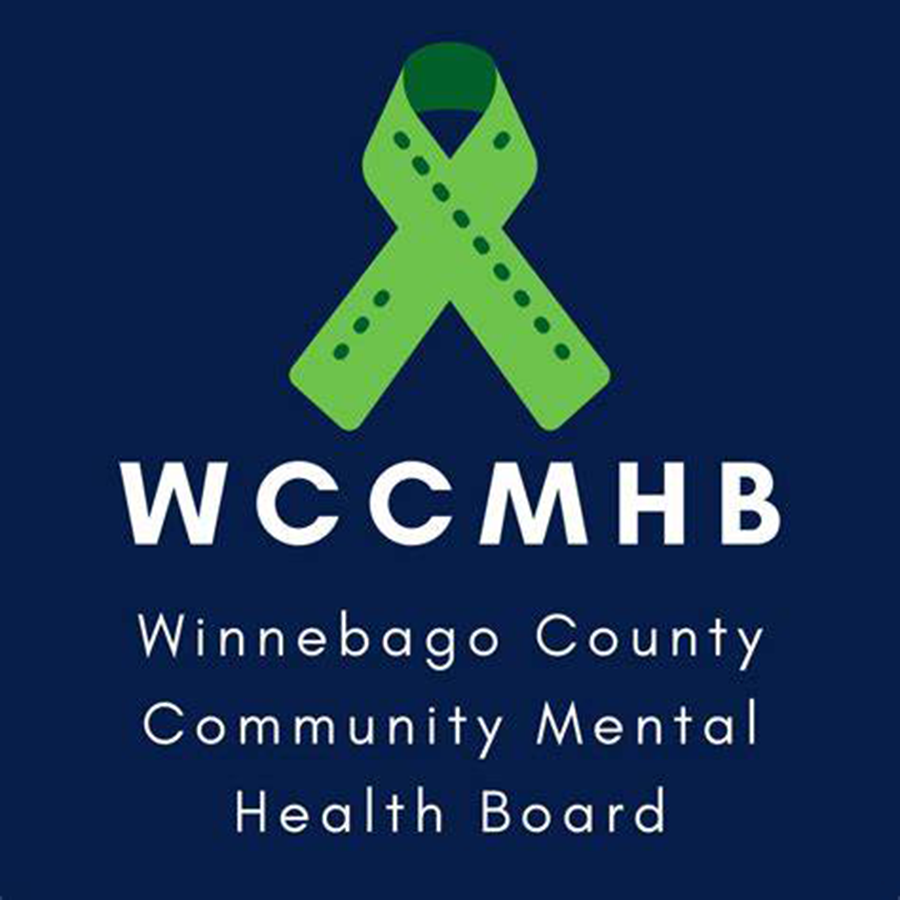FAQs
Counseling – what’s it all about?
Counseling is about helping you have the life you want. We know that starting counseling is an important decision, and while you may feel good that you’re going to get some help, you may be somewhat nervous or may even be having second thoughts about it.
Our goals are to create an open and cooperative relationship with you so that you feel safe to talk about anything, and to help you resolve issues that interfere with your quality of life and functioning.
What should I expect during the intake appointment?
- You are required to fill out paperwork prior to your first counseling session. It may seem like a distraction, especially when you’re nervous, but it protects your rights, gets your consent to engage in therapy and informs you about our policies.
What will my first therapy appointment include?
- Your second appointment will be your first therapy session. During that session the therapist will be asking you questions to help him or her understand you. You will be asked to talk about your life, including your family and friends, your problems or challenges, and what you believe impacts the situation.
- The therapist will want to know about your problems, and how they affect you. For example, you might find that your problems cause issues at work or in relationships. It is important for the therapist to get a snapshot of your life. It will provide him or her the foundation for understanding your challenges and working with you in a productive manner toward achieving your goals.
Can I ask questions during my sessions?
- You can ask questions at any point in the session. Openness and honesty will help you get the most out of each session.
What if I don’t click with my therapist?
- If you don’t “click” with your therapist, there is no need to start over with another counseling center. We can simply reassign you to another counselor in our practice.
How long do I need to continue my therapy sessions?
- During your next appointments you will go deeper into identifying issues and their impact on your life, and with your therapist, you will set some goals to work toward.
- Counseling is a process of change where growth and healing take place. It is challenging work and can be emotionally difficult. By working with your therapist you aren’t alone.
- How long you continue counseling is really up to you. You may find it doesn’t take many sessions at all for you to feel like you are functioning better and you’ve met your goals for counseling. You also may find that you have several goals for counseling and may need to attend counseling for several months before you reach your objectives. This is something you can discuss with your therapist too.
What are the therapist’s responsibilities?
- Be aware that counseling isn’t something that is done to you; it’s something that you participate in actively with your therapist — it’s a team effort. They can’t make your life decisions for you but they can be a knowledgeable guide and provide non-judgmental support to you as you work through your problems.
What should I do to make my sessions productive?
- Make your appointments a priority.
- Participate actively, talk openly and ask questions as needed.
- Do your “homework” and be willing to try and practice new behaviors even while experiencing them as difficult.
- Discuss your progress and let the therapist know if you think your goals need to be changed.













